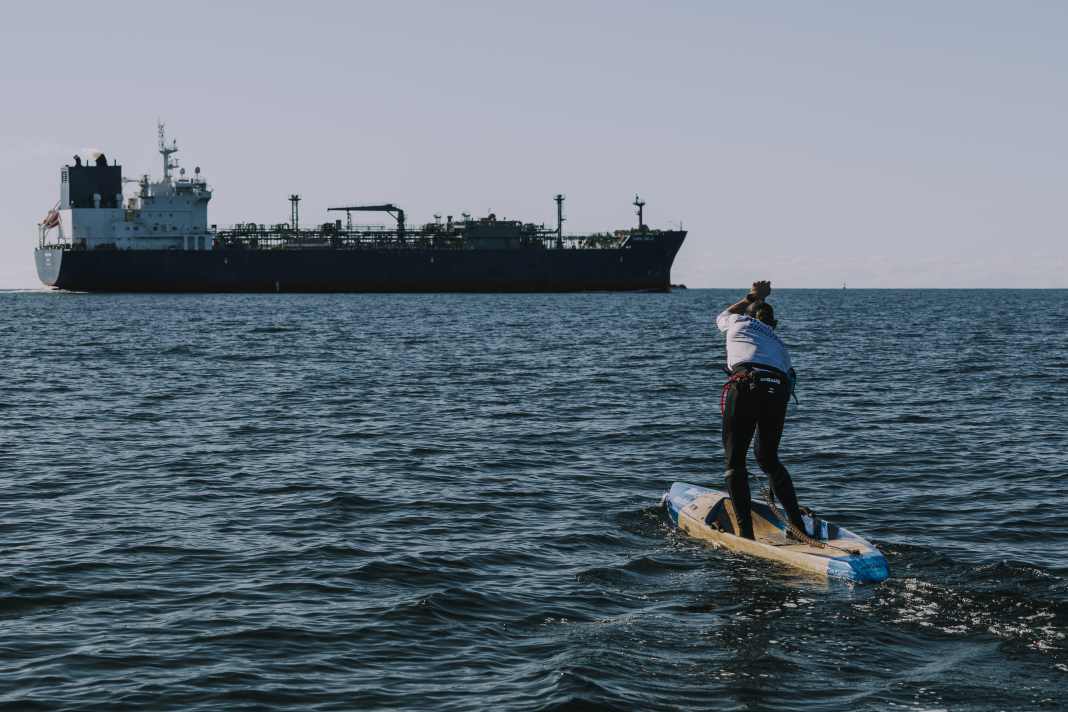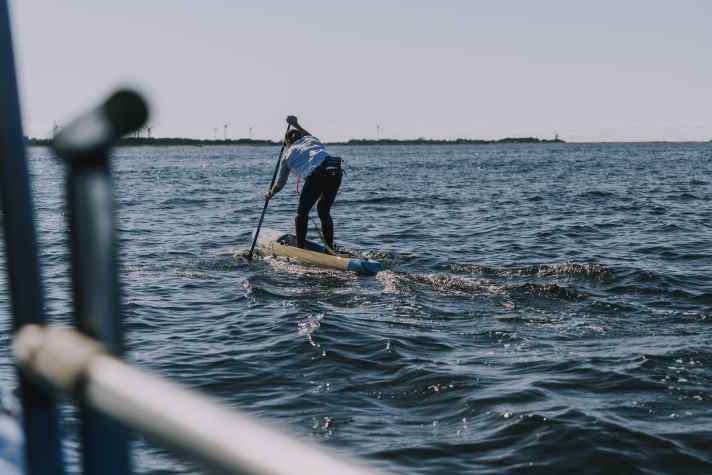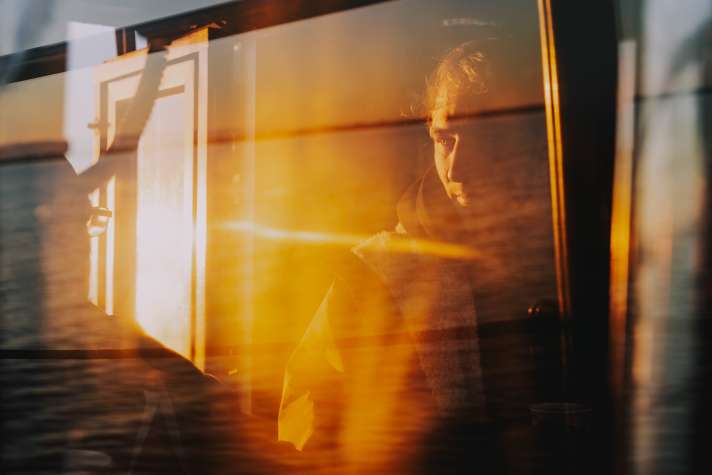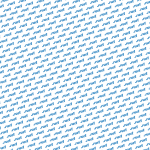Interview: Crossing the Fehmarnbelt on a SUP - Bastian Grimm on his paddling adventure on the Baltic Sea
Tobias Frauen
· 09.06.2025






Bastian, we were surprised that no-one had apparently paddled across the Fehmarnbelt on a SUP before you. What makes this crossing such a big challenge?
The idea is actually obvious - you look at the crossing and think to yourself that it should be feasible. But the real problem is the logistics. You need a weather window, a support boat, the right crew - and then you're in Denmark after the crossing. You either have to take the ferry back or you need a boat to take you back. The real challenge was to coordinate the whole thing well.
And shipping - was that also an issue?
That was actually the biggest challenge. The 22 kilometres are actually doable, but the shipping traffic is heavy. I've seen a few barges on the Elbe, but they're nothing compared to the tankers that plough through. A ship that you see on the horizon and think is still a long way off is there a minute later. That would have been impossible without an escort boat. Our boat was in constant contact with Fehmarn Belt Traffic, monitoring the situation and guiding us through.
A ship that you see on the horizon and think is still a long way off is there a minute later.
What exactly did your setup look like?
Dieter was our skipper - he usually accompanies swimmers on Belt crossings and specialises in such missions. He was able to coordinate everything with AIS and radio contact. Frithjof Blaasch, alias "Bulgenslag", was also there as photographer for the documentary.
So not recommended for spontaneous imitation?
Definitely not without intensive preparation. The idea for the campaign was born back in 2022, but it took two years for everything to be planned and approved.
Which route did you paddle exactly?
We started in Kramnitse on the Danish side, and then travelled pretty much straight across to Altenteil on Fehmarn. We deliberately avoided the ferry harbour - because of the tunnel construction and the restricted zones.
And what were the conditions like?
I would have liked more wind for the downwinder. It was constant from the north-east, but the waves didn't build up as we had hoped. At the beginning we had about a metre, later it was more like half a metre. It wasn't ideal for a real downwinder, but overall the conditions were good.

How long were you travelling for?
Two hours and twenty minutes. We also had to stop several times to let ships pass.
As the German SUP champion, did you have to prepare yourself physically for this or was it easy?
We deliberately trained longer units beforehand. Most races are only ten to twelve kilometres long, 22 kilometres is a different level. I focussed heavily on the right pacing: start calmly, find your rhythm, then speed up at the end - a so-called negative split.
Why exactly this crossing?
Downwind paddling in the Bay of Lübeck or Eckernförde Bay is often frustrating - waves want to turn towards land and you always have to fight against them if you want to make a straight run. You have to go out to sea with the wind behind you. A mate of mine once trained on Fuerteventura and paddled back from Lanzarote. Ideas like that inspired me - I wanted to do something similar in Germany. In the beginning, I thought it would be a small thing. It became much bigger.
Tours like the one from Lanzarote to Fuerteventura inspired me - I wanted to do something similar in Germany.
And how did the documentary with Frithjof come about?
We wanted to show what is possible with the SUP. Most people only see iSUPs when they're swimming on the beach. But SUP is a real sport. And the best way to show that is with powerful images and a documentary. The campaign was also intended as a test - for Friedel and me, but also as a proof of concept for other projects.
Do you have any other ideas?
Yes, Cuxhaven-Helgoland is at the top of my list. It's already been done, but it's an exciting project. I'm also dreaming of a crossing in Scotland - from St Kilda to Lewis & Harris. But that's very ambitious.

Where will we be able to see your documentary?
The premiere is on 14 June at the Fehmarn Belt Days in Lübeck, where the film will be shown at 20:30! On 22 June, we will be showing it at the Brotfabrik in Berlin from 18:00, followed by a Q&A. We are also currently looking for other cinemas and festivals, including surf shops or clubs, that would like to show the film! If anyone is interested, please get in touch!
What would be your ideal event format?
A kind of sit-in: watch a documentary, then talk about the sport together. That's how it's planned with Windsurfing Hamburg. I think the concept also works well in other places.
Thank you very much and good luck!
You can find more information about the project and the documentation at beltcrossing.com or on Instagram under @fehmarnbaeltcrossing
At this point, you will find external content that complements the article. You can display and hide it with a click.

